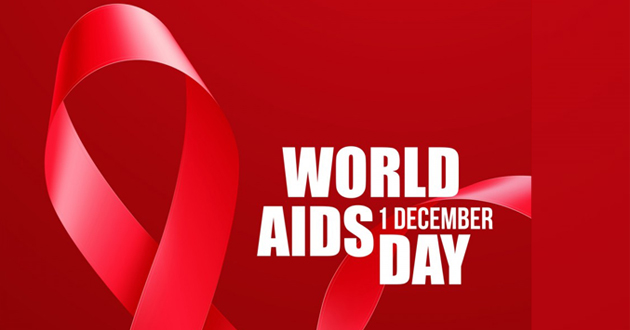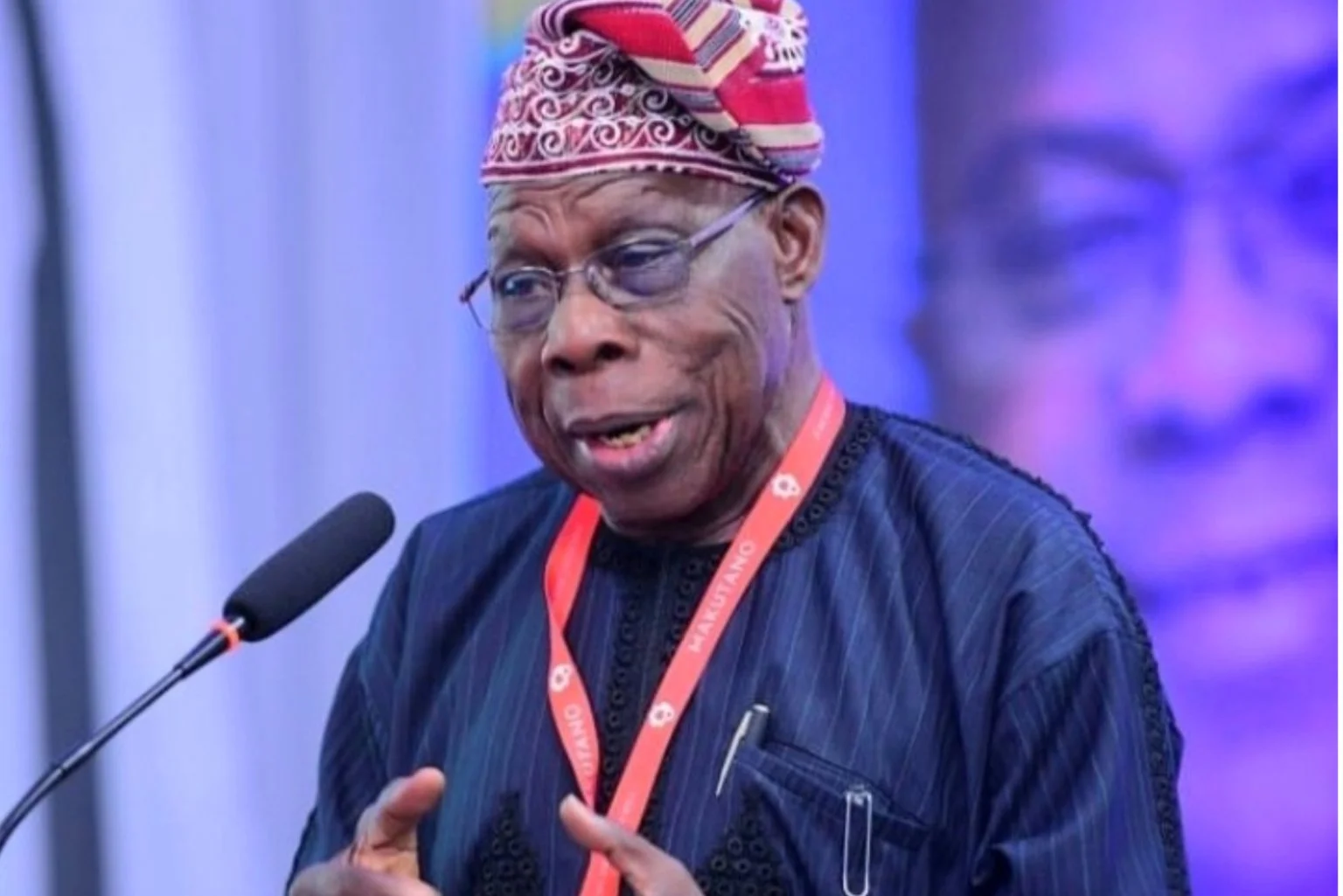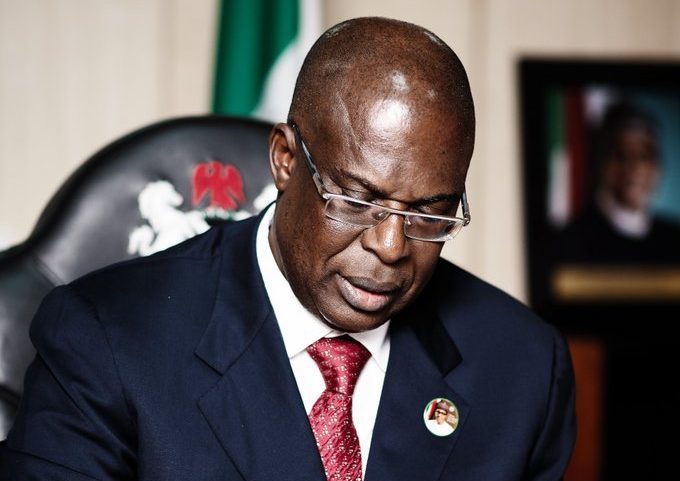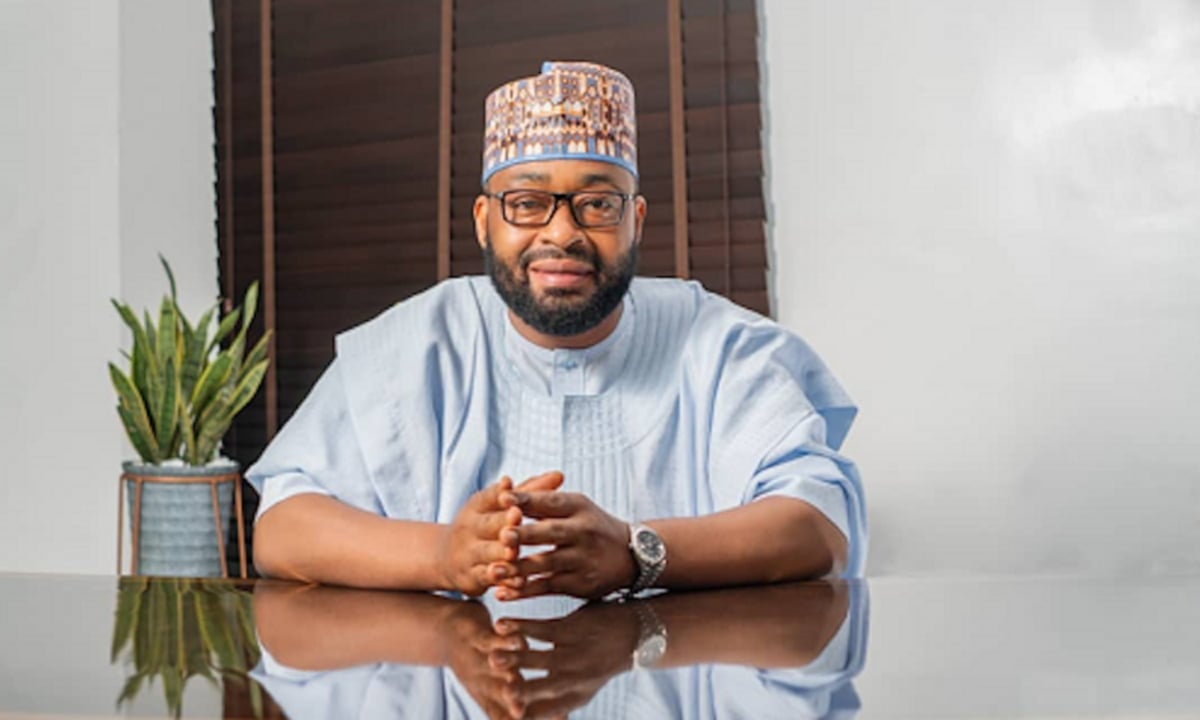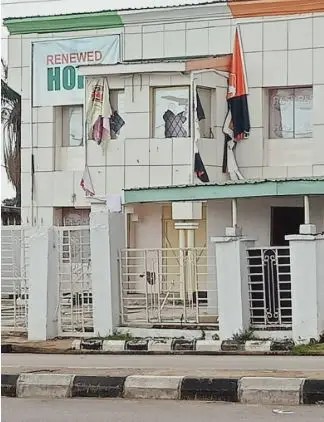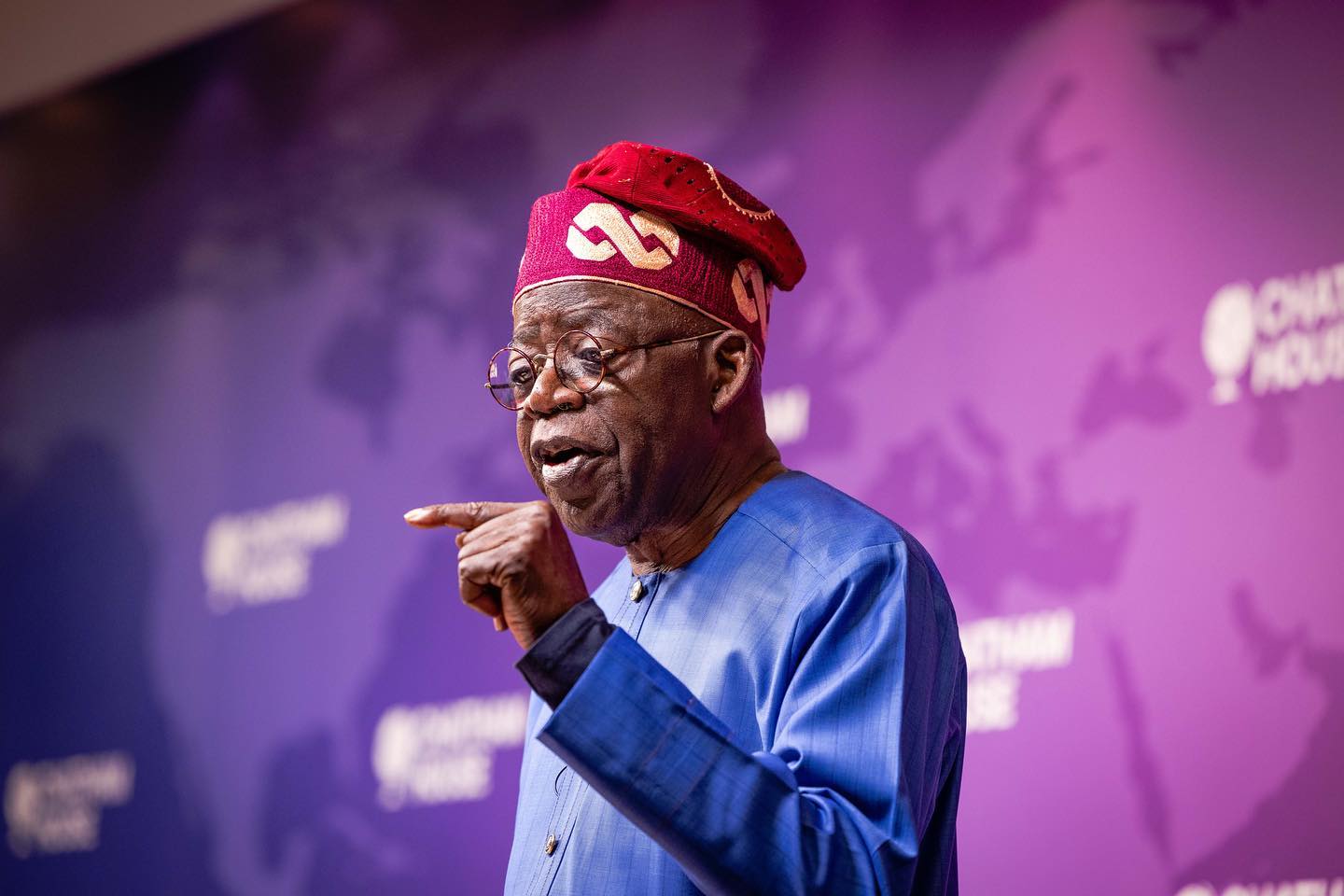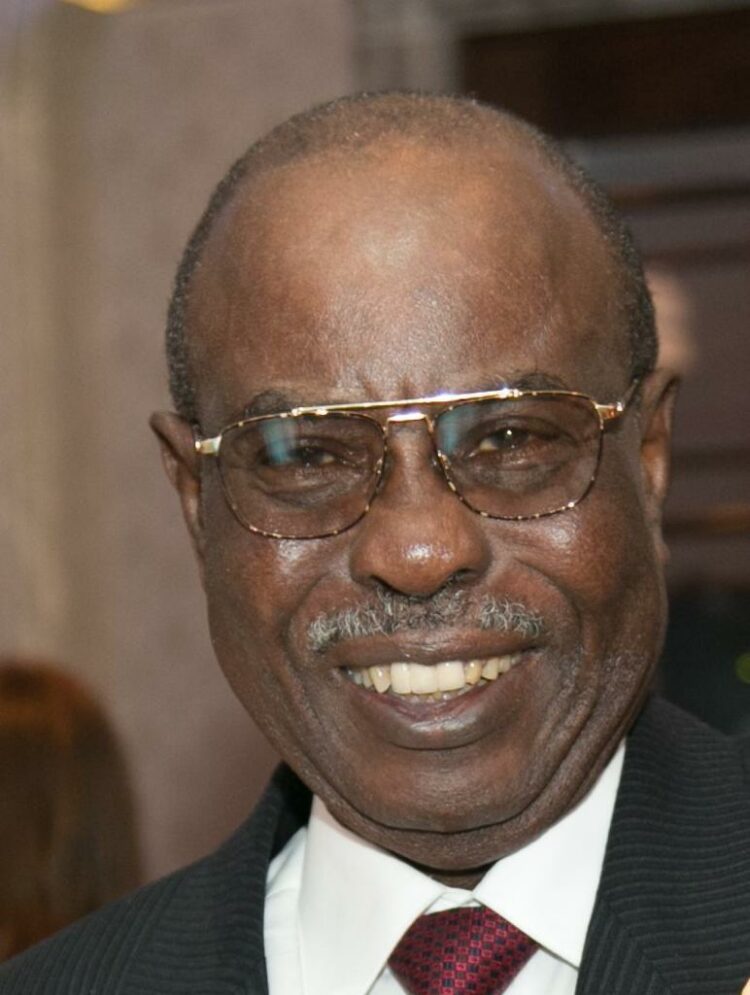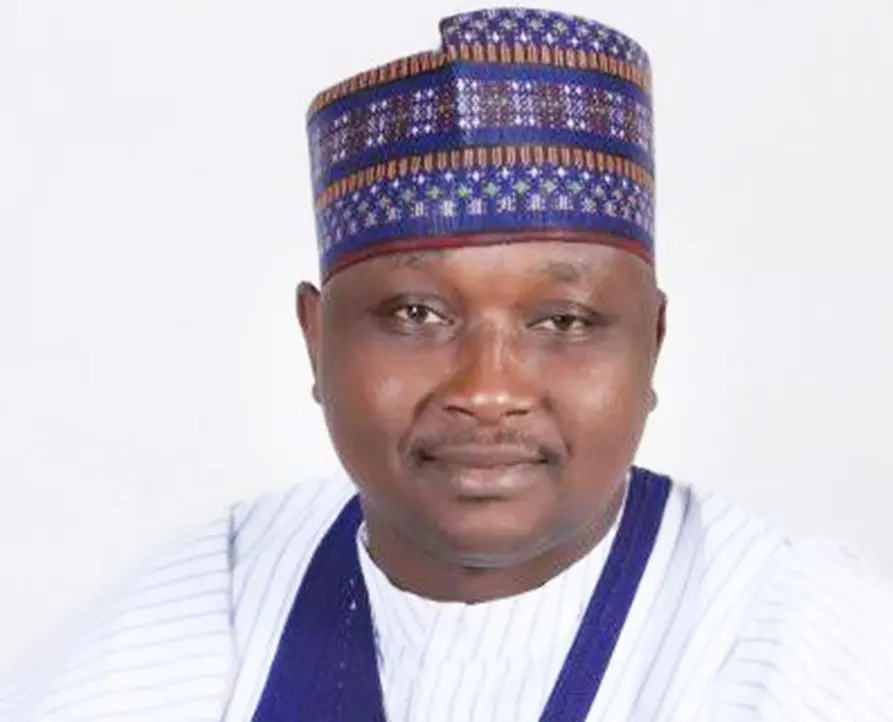Since the first two cases of AIDS, which sent panic, doubt and disbelief to the nation, was diagnosed in Nigeria in 1985 and reported in 1986 in Lagos, the fight by both the Federal Government and donor agencies to bring an end to the epidemic has been intensified, but achievement is still dragging in some aspect. Thirty years after, challenges such as stigmatization, lack of fund, access to drugs and others have not been fully tackled.
The spread of the infection over the past years has a great impact on health, welfare, employment and the criminal justice sectors; affecting all social and ethnic groups throughout the world, as the World Health Organisation (WHO)’s recent epidemiological data indicate that HIV remains a public health issue that persistently drains our economic sector having claimed more than 25 million lives over the last three decades. The 2019 Nigerian HIV/AIDS Indicator and Impact Survey (NAIIS) result released early in the year by the Federal Government of Nigeria indicate a national HIV prevalence in Nigeria of 1.4% among adults aged 15–49 years.
Previous estimates had indicated a national HIV prevalence of 2.8%. UNAIDS and the National Agency for the Control of AIDS estimate that there are 1.9 million people living with HIV in Nigeria. President Muhammadu Buhari, while speaking at the launch of the report, said Nigeria welcomed the news that there are fewer people living with HIV in the country than previously estimated and launched the Revised National HIV and AIDS Strategic Framework 2019–2021, which will guide the country’s future response to the epidemic. “Nigeria has made good progress in scaling up HIV treatment and prevention services in recent years.
“For the first time, the end of AIDS as a public health threat by 2030 is truly in sight for our country. I urge all of us not to relent but to increase the momentum. Let us work collectively and push for the last mile.” Prevalence rate HIV/AIDS prevalence rate differ from state to state in Nigeria. NAIIS report for 2019 revealed that two South-south states are among the three states with the highest HIV prevalence rate in Nigeria as Akwa Ibom tops the chart with about 5.5 per cent of its residents living with the virus, followed by Benue which has a prevalence rate of 5.3 percent while Rivers is third with a prevalence rate of 3.8 per cent.
The result shows that about one percent of Nigerians (1.9 million people) are currently living with HIV/AIDS. This figure moves Nigeria from second to the fourth position among countries battling the HIV epidemic. With an earlier estimate of about 3.2 million people living with HIV, Nigeria was second after South Africa which ranks first with about 7.1 million people living with HIV. Patients challenges Though many enlightened Nigerians have started seeing the ailment as other sicknesses but challenges of stigmatisation from family members, work places and from the public is still on the high side, thereby making many that are living with the virus to keep mute over their status.
Access to drugs in some facilities is still a challenge also. Some members of Adolescent and Young People Living with HIV (AYP) in Benue State have identified user fees, non-disclosure of status and stigma as key factors militating against the ability of sufferers to access drugs. At least three of them who didn’t want their names on print spoke to our correspondent in Makurdi. One of them said user fees in some health facilities such as the Federal Medical Centre (FMC) in Makurdi where a sufferer is required to pay N200 have made it difficult for the unemployed to access their ARV drugs regularly. “The ARV drugs are provided for people supposedly at an absolutely free rate but when sufferers proceed to adult session or the clinic to access their drugs, some of them are turned back due to lack of money.
“At the FMC, the fee charged is N200 but unemployed young people don’t have such money all the time so they are turned back without accessing their drug. This means that their viral load would increase which may now lead to other opportunistic infection,” the respondent said. He added that the issue of disclosure was also a factor, stressing that a positive person would only do well in health when he or she summons courage to disclose their status while opining that parents owe it a duty to tell their positive children why they are placed on drugs. For this respondent, stigmatisation makes it difficult for positive people to disclose their status and until that matter is taken seriously by those concerned, many would continue to die silently.
Another respondent, who said he accesses drugs alongside his wife free of any charges at the FSP HIV facility in Agan-Makurdi, agreed that stigmatisation remains a big issue. The respondent said apart from his immediate family and health workers who know about his positive status, he had refused to disclose his status to his friends and colleagues. Similarly, a teenage girl, who claimed to access her drugs freely at Gbajimgba General Hospital, expressed worry that stigma has restrained many people from accessing drugs at various facilities. Agency and donor’s efforts The Director-General National Agency for the Control of AIDS, Dr Gambo Aliyu, at a press briefing to commemorate the 2019 World AIDS Day with the theme, ‘Communities Make the Difference’, said Nigeria accounts for more than half of new infections and deaths from AIDS-related illnesses.
According to him, less than 40 percent of Nigerian adolescents and young people have the appropriate knowledge and comprehensive knowledge about HIV. Dr Aliyu decried the decline in international and domestic funding for the control of HIV/AIDS in the country. “We still have work to do. As Nigeria strives to achieve epidemic control in an environment where international funding for HIV is reducing and Nigeria’s domestic funding for HIV is estimated to be below 30 percent, the efforts of communities are urgently needed to ensure that HIV remains on the political agenda and galvanize international and national funding for HIV,” he said.
Chairman, House Committee on HIV/AIDS, Tuberculosis and Malaria Control, Dahiru Sariki, said health workers would soon begin a house-to-house HIV/AIDS screening in communities across Nigeria. He said the screening would ensure that a good number of Nigerians ascertain their HIV status and push for early treatment and prevention. He urged the NACA to ensure more Nigerians are captured in the screening process with a view to achieving the goal of making the nation HIV-free. New campaign against HIV/AIDS In commemoration of the 2019 WAD, the Federal Government in conjunction with NACA and PEPFAR launched the ‘Undetectable=Untransmittable’ (“U=U”) campaign to promote the benefit of treatment to people living with HIV/AIDS and encourage HIV positive persons to access treatment.
Launching the campaign on Monday, the Senate President, Ahmed Lawan, said the campaign will help the country achieve zero new HIV infections and reduce stigma for Nigerians living with HIV. “With the unveiling of this campaign, we are joining the rest of the international community to raise the consciousness of all Nigerians to the fact that Undetectable viral load equals to Untransmittable virus. With the unveiling of this campaign, we stand with Nigerians living with HIV to support their goal of viral load suppression,” he said. Also speaking at the launch, the DG of NACA, Dr Aliyu, said this year’s WAD theme acknowledged the essential role communities play in the global HIV response.
“Communities include; networks of people living with or are affected by HIV, women and young people, peer educators, counsellors, community health workers, door-to-door service providers, civil society organizations, media, religious leaders, traditional rulers, policy makers, implementing partners and activists.” He stated that achieving epidemic control will require more resources in the form of community time and effort to educate the society, fight stigma and discrimination, and improve access to HIV services by every member of the community.
Read Also: Why I Didn’t Direct Bayelsans To Defend Themselves -Dickson
He added that Nigeria needs to ensure her programmes for prevention, treatment and care are community compliant, targeted, cost efficient and sustainable. “This is possible with meaningful community engagement in planning, budgeting and implementation of our intervention programs.
The U.S. Embassy Deputy Chief Mission, Ms Kathleen FitzGibbon, noted that for the first time in modern history, they have the opportunity to control the AIDS epidemic in Nigeria, adding that “U=U” has proven to change the way people view HIV and HIV-positive individuals. “It empowers patients to not only get tested but to take control of their status, with the ultimate goal of maintaining an undetectable viral load. “With the great partnership we share with the government of Nigeria, I’m sure we can achieve HIV epidemic control in Nigeria,” she said.
NAN

